Editorial Note: The following is reprinted with permission from Eleanor Skelton’s blog. It was originally published on December 8, 2014.
Maybe I’ll try church again.
Two years ago, I’d been exiled from my church home four months before.
One Sunday, I went to a service at a local megachurch, hiding myself in the crowd. And I asked God why I hadn’t found a spiritual home yet, if I ever would.
And in the dimmed light and slow guitar chords trickling over me like creek water, I thought maybe he answered.
You won’t find a home. Not yet. You’re a hobo for right now. But I am going to show you all the different kinds of people who are part of me, part of my body.
So out I went. New Life Church became my soup kitchen, but I visited the LGBT affirming church, my friend’s mother’s Catholic church in Boulder, the Apostolic Pentecostal church.
I saw chanting and wailing, people speaking in tongues, people reciting the Apostle’s Creed and the sprinkling of holy water. I saw transgender women bustling around a church kitchen, brewing coffee.
And everywhere, I found someone whose heart seemed alive, people who sought Jesus.
For years, I’d been told that our church was part of a remnant holding to sound doctrine, that other churches were to be analyzed and mistrusted.
According to the Barna group, I’m not alone in being spiritually homeless. Their surveys say my generation tends to fall into three groups: nomad (Christian, but not involved in the church), prodigal (once Christian but no longer identifying as Christian), or exile (Christian, lost between the culture and the church).
I’ve written before that something that keeps me from leaving completely, something hopes I can still find light in Christian belief. Stuck somewhere between nomad and exile.
My friend Cynthia B. and I went to see Handel’s Messiah at Village Seven Presbyterian Church last weekend. Poor college students are always up for a free concert.
Churches feel awkward to me now. I don’t feel like I belong, because I’m not hiding my problems anymore. Cynthia and I sat in one of the back rows.
I was skeptical.
But the choir joined with the lead singer the first time, and I was four or five years old again. I know it sounds cliche.
But I forgot the beauty and the light I once found in music and church performances.
I’ve been escaping emotional hypothermia, realizing Jesus didn’t ask for my pain and didn’t need my defense, finding purity beyond the rings. And I let go my original concept of church to grow. To find church outside four walls.
I needed to know that Jesus didn’t label me, that there would be room for my doubts.
And now I cried, let the music and community back in again. I cracked open in the light, soaked my soul in the ethereal sound.
Maybe a hobo can find a home again.



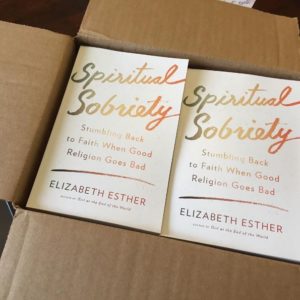
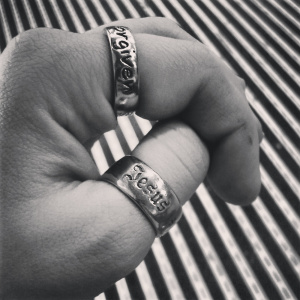
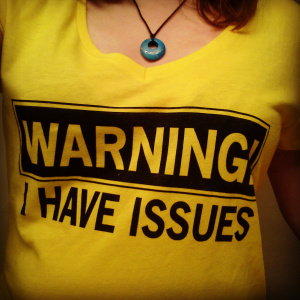

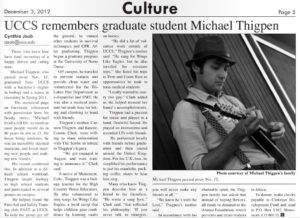
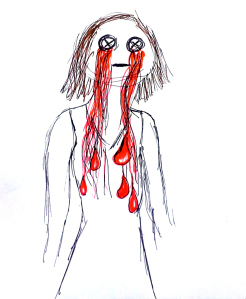 I couldn’t stop crying. I cried between every class, couldn’t focus on assignments and exams, took naps on the couch in our campus newspaper office and let the tears roll down.
I couldn’t stop crying. I cried between every class, couldn’t focus on assignments and exams, took naps on the couch in our campus newspaper office and let the tears roll down.